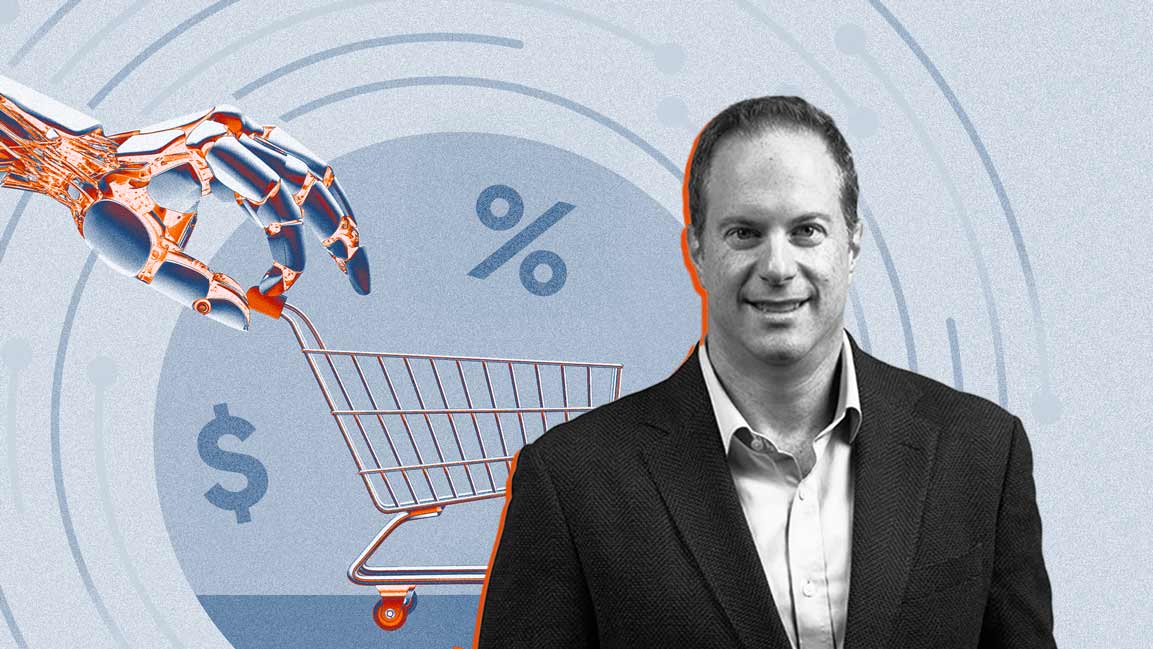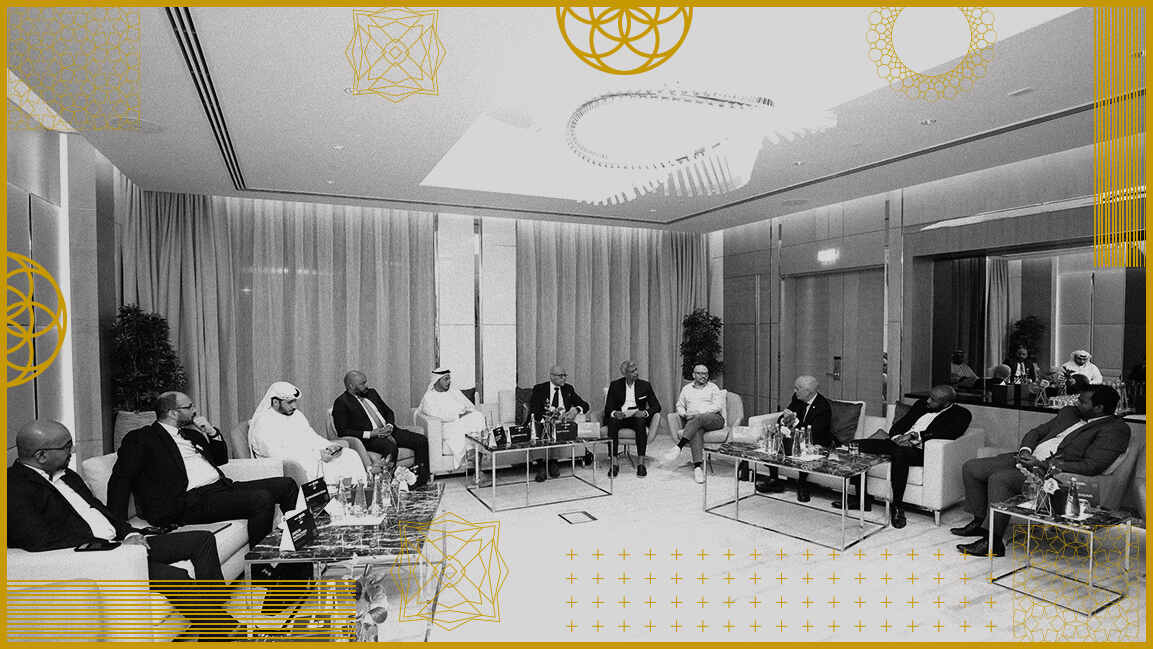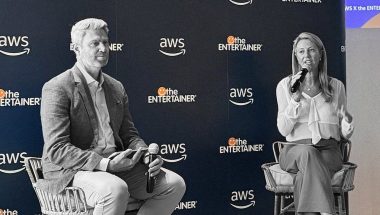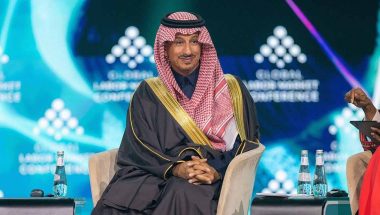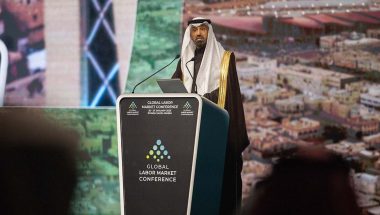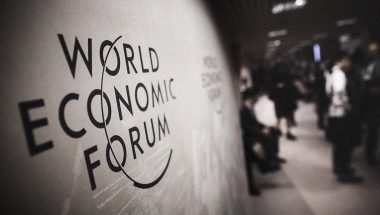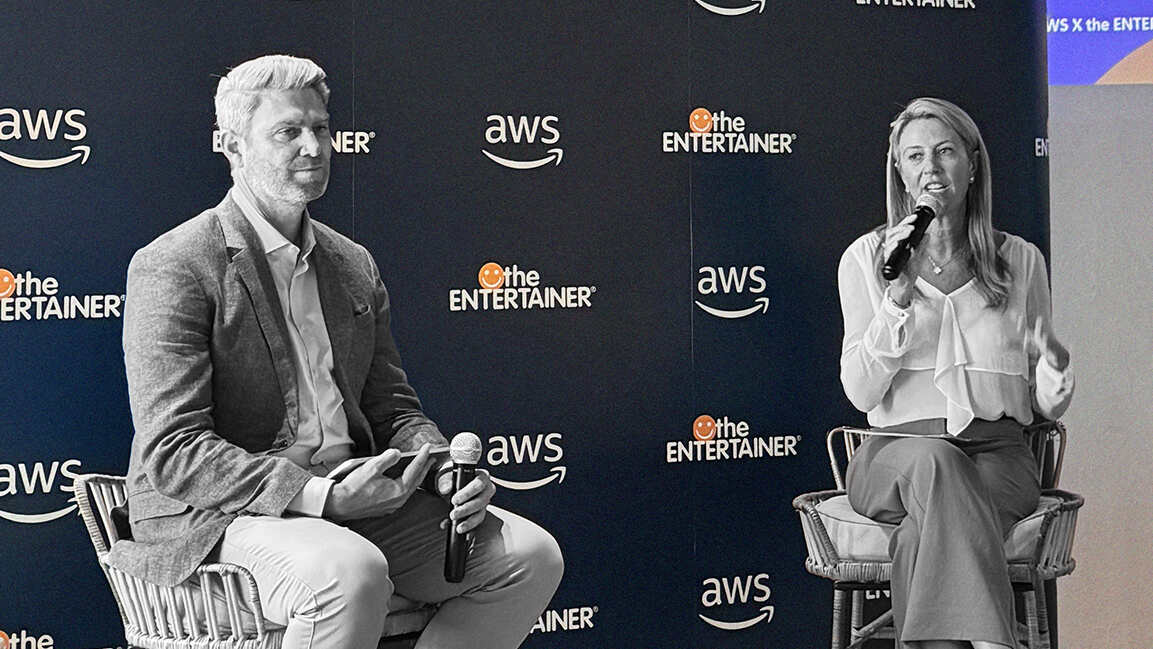How can CEOs reinvent themselves and their organizations?
Business leaders must move quickly enough to stay ahead but not so fast that they stumble

The era of the imperial CEO—who simply dictates orders and demands results—is over. Today’s leaders face a more complex challenge: adopting a human-centric approach. This path requires fostering the creativity and agility necessary for organizations to thrive, and it demands a deep embrace of contradiction—being humble and decisive, vulnerable and strong, cautious and bold. This internal journey is essential for effective leadership.
In their latest book, The Journey of Leadership, four McKinsey colleagues argue that true transformation begins from within. They suggest that self-reflection, leading to self-awareness, enables leaders to “lead from the inside out.” By this, they mean overcoming the biases and assumptions often hindering organizational change. As the authors put it, “Once leaders know how to lead their inner selves, they are prepared to lead individuals, teams, and systems.”
THE SKILLS, THE APPROACH
For the authors of The Journey of Leadership, effective leadership starts with looking inward. By gaining a deeper understanding of their behaviors, assumptions, and habits, leaders can develop the self-awareness needed to guide their actions.
This introspection serves as a compass, helping them align their decisions with core values and making them more authentic and impactful. Leaders who adopt this “inside out” approach, investing in their personal growth, are better equipped to lead with empathy and insight, encouraging a healthier organizational culture—one that can drive up to 3x higher shareholder returns.
In today’s business world, being a great strategist or a brilliant mind is no longer enough to be an exceptional leader. The CEO role, in particular, demands soft skills—such as humility, vulnerability, and selflessness—that may have been overlooked on the journey to the top. These traits are crucial for building team connections and cultivating a collaborative environment. Without them, CEOs may struggle to inspire and motivate their people, limiting their ability to reach their full leadership potential.
For example, CEO Wendy Kopp, whose leadership is defined by her unwavering mission to expand educational opportunities globally. As the founder of Teach for America, Kopp’s vision was to tackle educational inequity in the United States by recruiting top graduates to teach in under-resourced schools. Her strategic thinking and determination fueled the program’s expansion. Later, Kopp applied these principles globally to create Teach for All. Her dedication to the mission and her ability to inspire others has been central to the organization’s growth and global impact.
THE LESSONS
The skills needed to be a successful CEO are not necessarily nurtured while getting to the top—making the role even more difficult. Despite their experience and success, many CEOs still have much to learn about themselves and how to lead effectively. McKinsey research found that 83 percent of leaders globally were unprepared for the top job.
Moreover, the skills needed to reach their highest potential surprise new CEOs. For example, the ability to show vulnerability and admit mistakes can be pivotal in building trust, fostering a culture of openness, and promoting continuous learning—all of which are essential for long-term success.
In 2024, more than fifty high-stakes elections will have taken place worldwide, each with the potential to impact political and economic landscapes significantly. CEOs from all corners of the globe will be juggling numerous factors affecting their organizations. The most influential CEOs understand the importance of engaging with diverse stakeholders—employees, customers, investors, and policymakers—to build trust and inspire collective action.
And as AI increasingly takes over routine tasks, human leadership will become more critical than ever.
While machines can manage data and algorithms, they cannot navigate the emotional and ethical complexities of leadership. The human touch in leadership ensures that technology enhances, rather than diminishes, the workplace experience. In a world dominated by data and automation, connecting with people on a human level—understanding their concerns and aspirations—will be essential to maintaining a thriving organizational culture.
THE REAL CHANGE
Modern leadership calls for humility and collaboration, marking the end of the era of the imperial CEO. Today’s most effective leaders understand that they don’t need all the answers but must listen carefully and connect the dots across their organizations. They create an environment where everyone feels valued and empowered to contribute, a key factor in today’s fast-paced, interconnected world. This shift is driven by the demand for more agile, responsive organizations, where decentralized decision-making and innovation emerge from all levels of the company.
The authors argue that once leaders develop self-awareness, they can better focus on achieving their goals with their teams. Human leadership—the ability to inspire and give purpose to team members—will ultimately surpass traditional quantitative skills. The purpose should never be an afterthought; it is integral to business strategy. According to the McKinsey Global Institute (MGI), businesses that emphasize human capital development alongside financial performance are 1.5 times more likely to remain high performers.
Lynn Elsenhans exemplified humility and confidence during her tenure as CEO of Sunoco. Known for her approachable leadership style, Elsenhans prioritized listening to employees and understanding their perspectives. She confidently implemented strategies to streamline operations and improve financial performance without losing sight of the human element. Her ability to balance humility with decisive action earned her the respect and loyalty of her team, leading to Sunoco’s successful turnaround.
THE ’INSIDE OUT’ LEADERSHIP
The tenure of the average Fortune 500 CEO has dropped from six years to five, highlighting the need for leaders to cultivate resilience, versatility, and balance to thrive in today’s complex and ever-changing business landscape. Regular reflection, mindfulness practices, and dedicating time to hobbies can help manage stress. Additionally, seeking guidance from mentors and peers offers valuable insights and encouragement, making the leader’s growth journey more sustainable and fulfilling.
CEO Stéphane Bancel exemplified immense courage while leading Moderna in developing its COVID-19 vaccine. With an unprecedented global health crisis, Bancel steered Moderna to rapidly advance its mRNA vaccine technology. Despite skepticism from some and the enormous pressure of the pandemic, Bancel pushed forward with clinical trials and scaled up production at an extraordinary pace. His decisive actions and willingness to take significant risks were instrumental in bringing one of the first COVID-19 vaccines to market, ultimately saving countless lives worldwide.
Regarding the human dimension, the evidence is clear: it is not only possible but performance-enhancing to be both a tough-minded leader and a compassionate one.
Human-centric leadership acknowledges that the world is inherently complex and often messy. Maintaining a sense of balance is the best way to navigate this—and achieving that starts from within.















